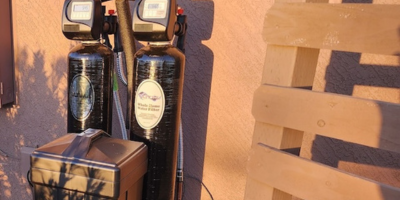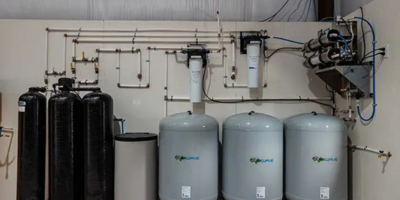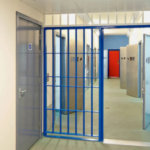Managing homes and apartments isn’t just about collecting rent. It’s about creating stability, ensuring livable spaces, and building something sustainable. That’s where residential property management plays a vital role.
When done right, property management supports long-term value. It helps both owners and tenants feel secure. But it doesn’t happen overnight. Success in this field comes from smart choices, consistency, and a good understanding of what matters most. Let’s explore the essential factors every manager or investor should consider.
Understanding Residential Property Management
Residential property management refers to the oversight of residential real estate, such as apartments, condos, and single-family homes. It includes managing tenants, maintaining properties, handling budgets, and ensuring everything runs smoothly.
This type of property management focuses entirely on living spaces, which means the needs are different from commercial properties. The people involved are families and individuals. That brings a personal element into the mix. You’re not just maintaining buildings. You’re helping people feel at home. And that requires trust, responsibility, and great communication.
Building Strong Tenant Relationships
Every successful property manager knows the value of tenant satisfaction. If tenants are happy, they’re more likely to stay. That means fewer vacancies and less turnover stress.
Start by listening to their concerns. Whether it’s a leaky faucet or noisy neighbors, showing that you care makes a huge difference. Long-term success in property management depends on reliability. Be clear about lease terms, be fair with rules, and keep your word. When tenants feel respected, they respect the property in return.
Staying Consistent with Property Maintenance
Nobody wants to live in a home that’s falling apart. That’s why regular maintenance is a key piece of residential property management. It keeps things safe, clean, and functional.
This includes everything from checking smoke alarms to trimming overgrown hedges. Consistency is the trick. Don’t wait for something to break—schedule routine inspections and respond quickly to issues.
Financial Planning in Property Management
You can’t manage properties well without a solid grasp of the numbers. Property management requires clear budgeting, tracking, and forecasting.
Keep records of every expense—big or small. Plan for repairs, vacancies, taxes, and upgrades. It’s about more than rent collection. Smart financial habits help you stay ahead of trouble.
Set aside emergency funds. Monitor your cash flow. These practices make residential property management more sustainable over time.
Legal Knowledge in Residential Property Management
Laws exist to protect both landlords and tenants. As a manager, it’s your job to know and follow them. That includes lease agreements, eviction processes, fair housing laws, and local rental regulations.
Understanding these legal responsibilities can prevent major issues down the line. A mistake in paperwork or a misstep during a tenant dispute could lead to costly consequences.
Choosing the Right Tools for Efficient Property Management
Technology has changed how we manage homes. Today, there are apps and software that can handle everything from rent payments to maintenance requests.
The right tools make property management easier and faster. Look for platforms that help with scheduling, communication, documentation, and tracking income or expenses.
Digital solutions save time and reduce errors. They also make things more convenient for tenants, especially when they can reach you or pay rent online. That improves satisfaction, which supports long-term success.
Conclusion
Residential property management isn’t just about buildings. It’s about people, systems, and vision. From building relationships to managing finances and using smart tools, every decision affects long-term success. When you approach property management with care and consistency, the rewards grow over time.










Leave a Reply
You must be logged in to post a comment.